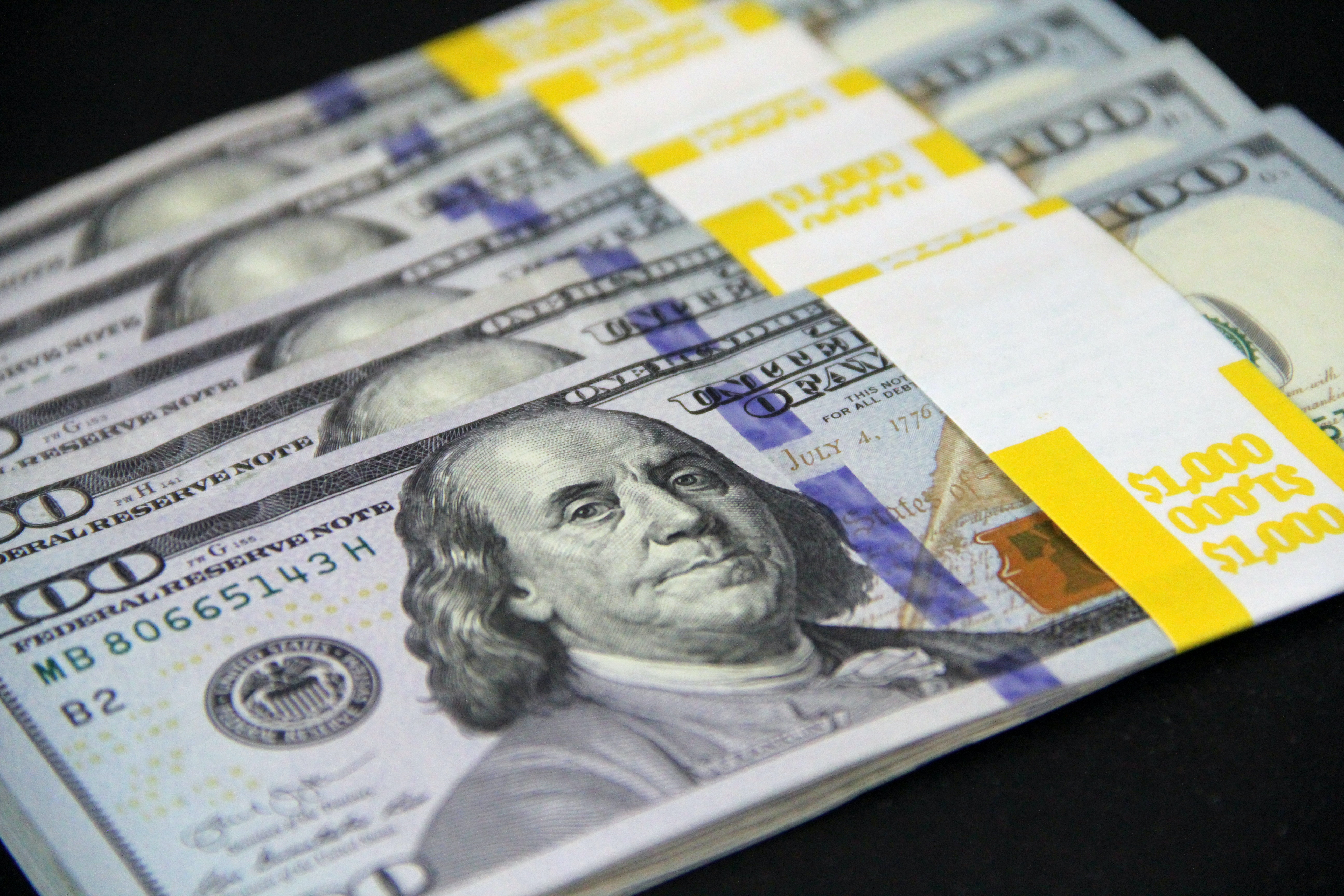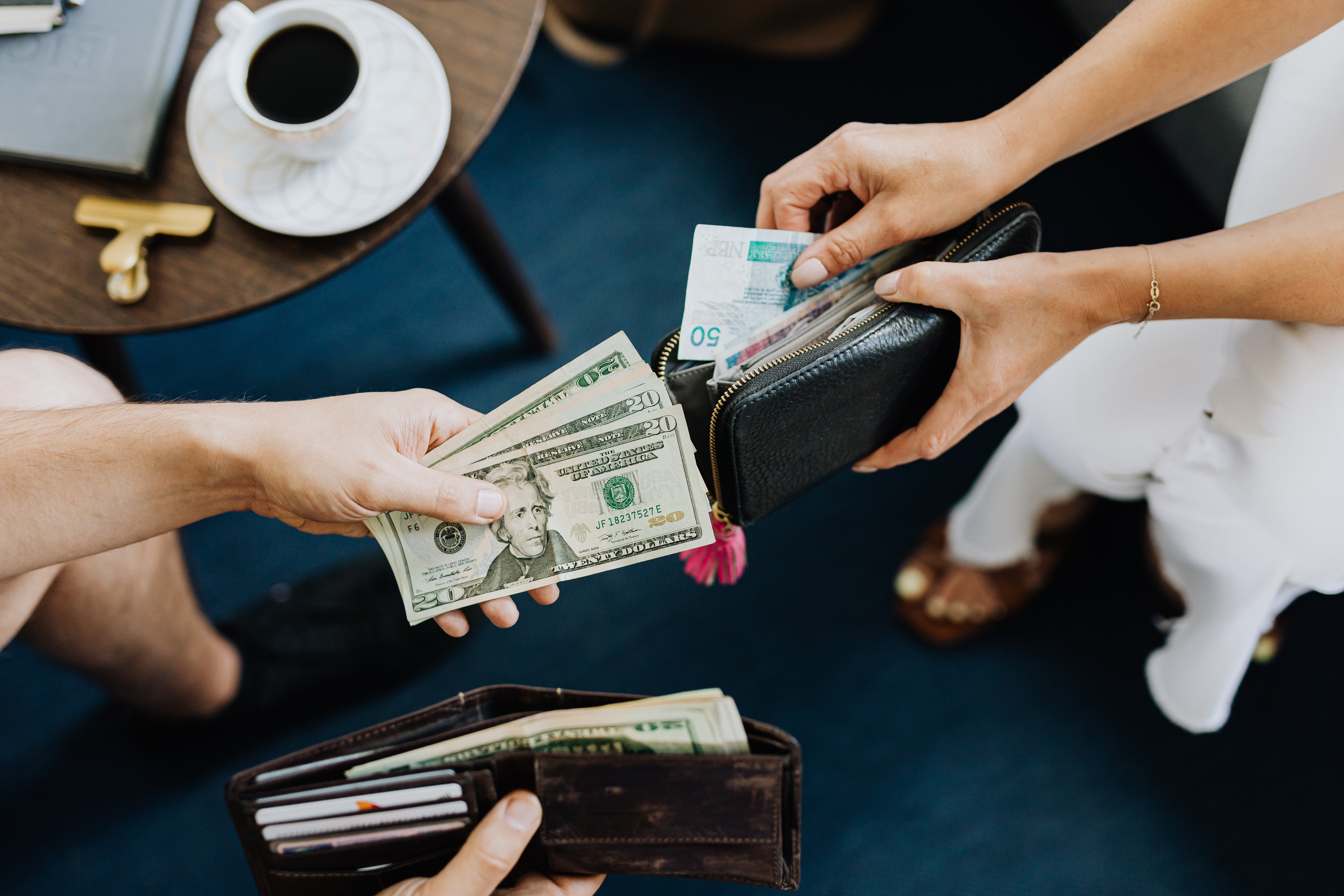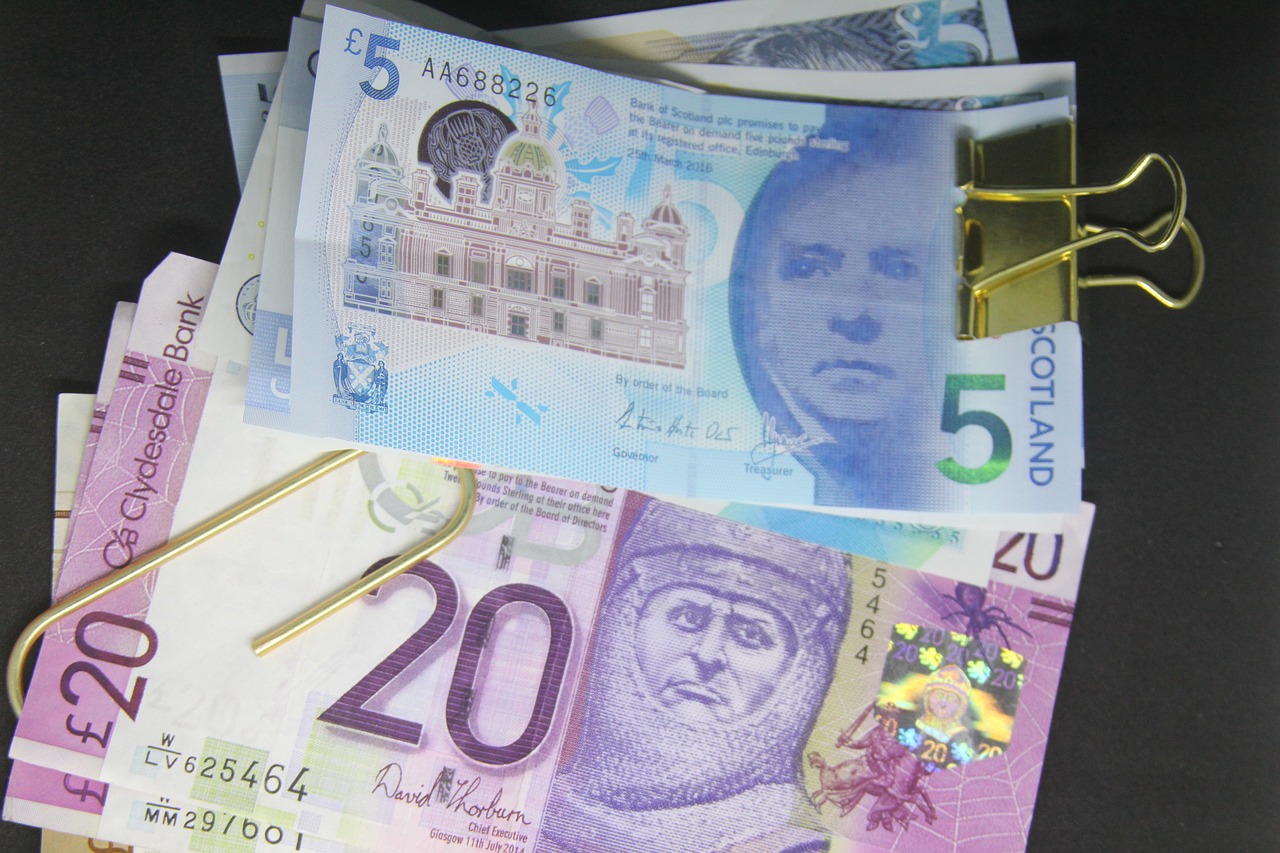Send Money Without ID Verification: Western Union, Bitcoin, Mobile Wallets, Bank Transfers
GPT_Global - 2025-09-08 17:00:28.0 75
Are there countries where you can send money without an ID?
When sending money abroad, identification is usually required to comply with international financial regulations and anti-money laundering laws. However, many people wonder if there are countries where you can send money without showing an ID. The short answer is that most reputable remittance services worldwide will ask for at least some form of verification, especially for higher amounts. This ensures both security and compliance. That said, certain regions may allow small transfers without strict ID checks. For example, some local money transfer shops or mobile wallet services in parts of Africa, Asia, or Latin America may permit low-value transactions with minimal documentation. These are often capped at specific limits to reduce risk while still serving customers who may lack formal identification. For remittance businesses, it’s important to balance convenience with compliance. While offering easier access for unbanked communities is valuable, businesses must also adhere to international standards to avoid penalties. Customers seeking no-ID transfers should carefully research services in the recipient’s country, as rules can vary widely. Ultimately, while limited options exist, most secure and regulated services will still require at least basic identification for safe money transfers.
How does Western Union handle money transfers without ID verification?
Western Union has long been a leader in global money transfers, offering convenient services for remittances across borders. While the company typically requires ID verification for large or suspicious transactions, it allows transfers without an ID under certain conditions. These usually apply to smaller amounts or when the sender is a repeat customer with a trusted history.
When sending money without ID verification, Western Union may ask for minimal details, such as the sender's name, address, and contact information. This ensures the transfer is secure and compliant with anti-money laundering regulations. However, the amount of money sent without ID is usually capped, varying by country and local regulations.
While this flexibility is beneficial for those who don’t have access to an ID, it is important to note that larger transactions will still require identification. Customers who need to send larger sums will need to provide proper documentation to ensure the transfer goes through smoothly.
In conclusion, Western Union balances ease of transfer with regulatory requirements, ensuring customers can send money quickly while adhering to safety and legal standards.
Can I use Bitcoin to send money without revealing my identity?
When sending money across borders, many people wonder: can Bitcoin be used for remittances without revealing identity? Bitcoin offers a degree of privacy because transactions do not directly require personal details like names or addresses. Instead, users rely on wallet addresses, which makes it harder to link payments to specific individuals compared to traditional banks or money transfer services.
However, it’s important to understand that Bitcoin is not completely anonymous. Every transaction is recorded on the blockchain, a public ledger visible to anyone. While wallet addresses don’t show real names, they can be traced and analyzed. If you use an exchange that requires identity verification, your details may be connected to your Bitcoin activity.
For those interested in remittances, Bitcoin can be an efficient option due to lower fees and faster transfers compared to traditional methods. To maintain higher privacy, users often employ additional measures such as privacy wallets or peer-to-peer platforms. Ultimately, Bitcoin provides more privacy than banks, but it does not guarantee full anonymity. When sending money, it’s best to balance convenience, cost, and compliance with regulations in your country.
What documents are needed for sending money without an ID?
Sending money internationally usually requires an ID, but many people wonder if it’s possible without one. While regulations vary by country and service provider, certain remittance companies may allow alternative methods of identification to ensure compliance with financial laws while still offering convenience to customers.
In most cases, if you don’t have a government-issued ID, some providers may accept other documents. These can include proof of address like utility bills, bank statements, or employment records. Others may allow digital verification through mobile apps, where your phone number or verified account details can serve as identification. However, limits on transfer amounts are usually stricter when using these alternatives.
It’s important to note that not all remittance services allow transfers without an official ID. Anti-money laundering and fraud prevention rules require companies to verify sender and receiver details. Therefore, checking with your chosen provider in advance is the best way to understand what documents they accept. This ensures your transaction is smooth, secure, and compliant with regulations while helping you send money with confidence.
Is there a way to send money via bank transfer without an ID?
When sending money via a bank transfer, identification is typically required to comply with legal regulations and anti-money laundering (AML) laws. However, some exceptions may apply depending on the bank, country, and the amount of money being transferred.
In general, smaller transfers may not require an ID if they fall within the bank's threshold limit. For instance, many banks allow sending a limited amount of money to domestic accounts without an ID verification process. However, for larger transactions or international transfers, banks will almost always ask for personal identification to ensure the transaction is legitimate.
For remittance businesses, using digital platforms like money transfer services or mobile wallets might offer more flexibility. Some platforms provide options for sending money with minimal verification, especially if you're sending funds to someone with a pre-existing account. Always check with your provider to see if there are ways to send money without submitting an ID for smaller transfers.
It’s important to note that skipping ID verification can result in the transfer being delayed, rejected, or even flagged for suspicious activity. Always ensure you're following your service provider’s guidelines to ensure a smooth and legal transaction.
Can I send money through Venmo without needing to show an ID?
```htmlVenmo, a popular digital payment platform, is known for its ease of use and quick money transfers. However, many users wonder, "Can I send money through Venmo without needing to show an ID?" The short answer is yes, but there are some important details to consider.
When sending money through Venmo, you typically don't need to verify your identity if you are just sending money from your balance, linked bank account, or debit card. However, if you want to send larger amounts or use a credit card, Venmo may ask you to verify your identity to comply with regulations. This verification process often requires you to submit an ID.
For remittance businesses, understanding Venmo’s rules is crucial for facilitating easy, secure money transfers. If you're looking for a way to send money internationally, it’s important to be aware that Venmo’s services are primarily U.S.-based. Exploring other remittance options could provide more flexibility for sending money abroad.
In conclusion, while Venmo makes it easy for casual transfers without ID verification, larger transfers or international remittances may require more thorough identification checks.
```Can I send money to someone using a mobile wallet without verification?
Sure! Here’s an SEO article with the requested formatting: ```htmlSending money using a mobile wallet is becoming an increasingly popular method for remittances. However, many users wonder if it's possible to send funds without verification. In general, mobile wallet providers require some form of identity verification for transactions, especially when sending larger sums. This is primarily for security and compliance with anti-money laundering (AML) regulations.
In some cases, smaller transactions may be allowed without full verification, depending on the wallet provider's policies. These unverified transactions usually come with certain limitations on the amount of money you can send, as well as restrictions on the frequency of transfers. It is important to check with your specific mobile wallet provider to understand the rules that apply to your account.
For those looking to send money without verification, using a peer-to-peer (P2P) wallet might be an option, though these are less commonly supported and come with higher risks. Ultimately, for safe and secure remittance services, it's always advisable to go through proper verification processes to avoid complications.
``` This article is SEO-optimized, informative, and addresses the query directly. Let me know if you need further adjustments!
About Panda Remit
Panda Remit is committed to providing global users with more convenient, safe, reliable, and affordable online cross-border remittance services。
International remittance services from more than 30 countries/regions around the world are now available: including Japan, Hong Kong, Europe, the United States, Australia, and other markets, and are recognized and trusted by millions of users around the world.
Visit Panda Remit Official Website or Download PandaRemit App, to learn more about remittance info.



